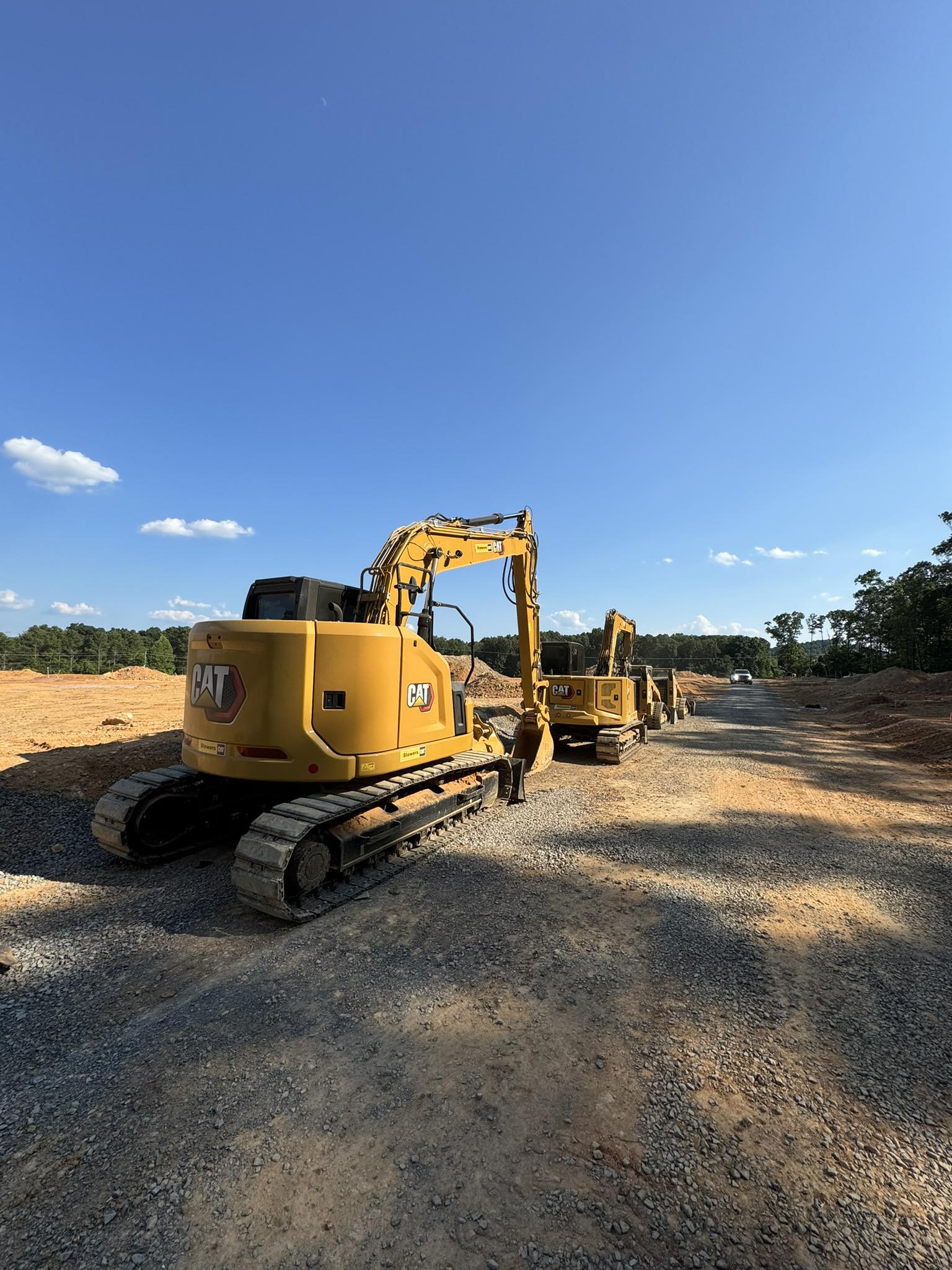
Strategic Excavation Planning: Key to Minimizing Costs and Maximizing Efficiency Oct 24, 2025
Excavation operations often seem straightforward, but they require a meticulous approach to avoid common pitfalls. A major component of strategic excavation planning involves conducting a thorough site assessment. This assessment helps uncover potential challenges before the excavation begins. Factors such as soil composition, water table levels, and existing underground utilities must be carefully evaluated. By anticipating these challenges early, you can avoid surprises that might lead to expensive delays or safety hazards down the line.
Once the site assessment is completed, crafting an efficient work schedule is paramount. Planning the sequence of tasks ensures that resources are used optimally and downtime is minimized. For instance, coordinating the arrival and usage of heavy machinery can prevent bottlenecks. Additionally, scheduling tasks during off-peak hours can reduce interference with other ongoing activities and minimize community disruption. At Southeast Land Services, our experienced team knows the importance of synchronizing these components to streamline operations, thus reducing costs significantly.
Another critical aspect of strategic excavation planning is obtaining the necessary permits and adhering to local regulations. Non-compliance with legal requirements can lead to project halts and fines, which inevitably inflate budgets. Ensuring all permits are secured and that operations comply with local ordinances safeguards your project from such risks. This process might seem daunting, but with the expertise of Southeast Land Services, you can navigate these legal waters smoothly.
Technology also plays a vital role in modern excavation planning. The use of advanced technology such as GPS and 3D modeling can greatly enhance accuracy and efficiency. These tools enable precise mapping and excavation, minimizing errors and rework. By investing in cutting-edge technology, Southeast Land Services ensures that every excavation project not only meets but exceeds industry standards, effectively controlling costs and improving quality.
Furthermore, sustainable practices should be incorporated into excavation plans to maximize efficiency. Sustainable excavation not only reduces environmental footprints but can also lead to cost savings. For instance, reusing excavated materials when possible can significantly cut down on purchasing costs. Leveraging Southeast Land Services' commitment to eco-friendly practices can enhance your project’s sustainability profile while keeping costs in check.
Finally, maintaining clear communication channels among all stakeholders is vital. Keeping everyone informed about the project’s progress and any potential issues can preempt costly delays. Through regular updates and transparent communication, Southeast Land Services ensures all parties are on the same page, reducing the chances of miscommunication and confusion.
In conclusion, strategic excavation planning is essential to minimize costs and maximize efficiency in your excavation project. From thorough site assessments and carefully crafted schedules to leveraging technology and maintaining open communication, each element plays a crucial role. Trusting Southeast Land Services with your excavation needs not only guarantees adherence to these best practices but also delivers unparalleled expertise and peace of mind. Contact us today to learn more about how we can help you achieve your excavation goals efficiently and cost-effectively.
/filters:no_upscale()/media/fc0c6c98-a315-44c2-a232-b8ba9cdbd1e5.jpeg)
/filters:no_upscale()/filters:format(webp)/media/a9dead03-2ff7-4370-b41b-bb826dc6cdb8.jpg)